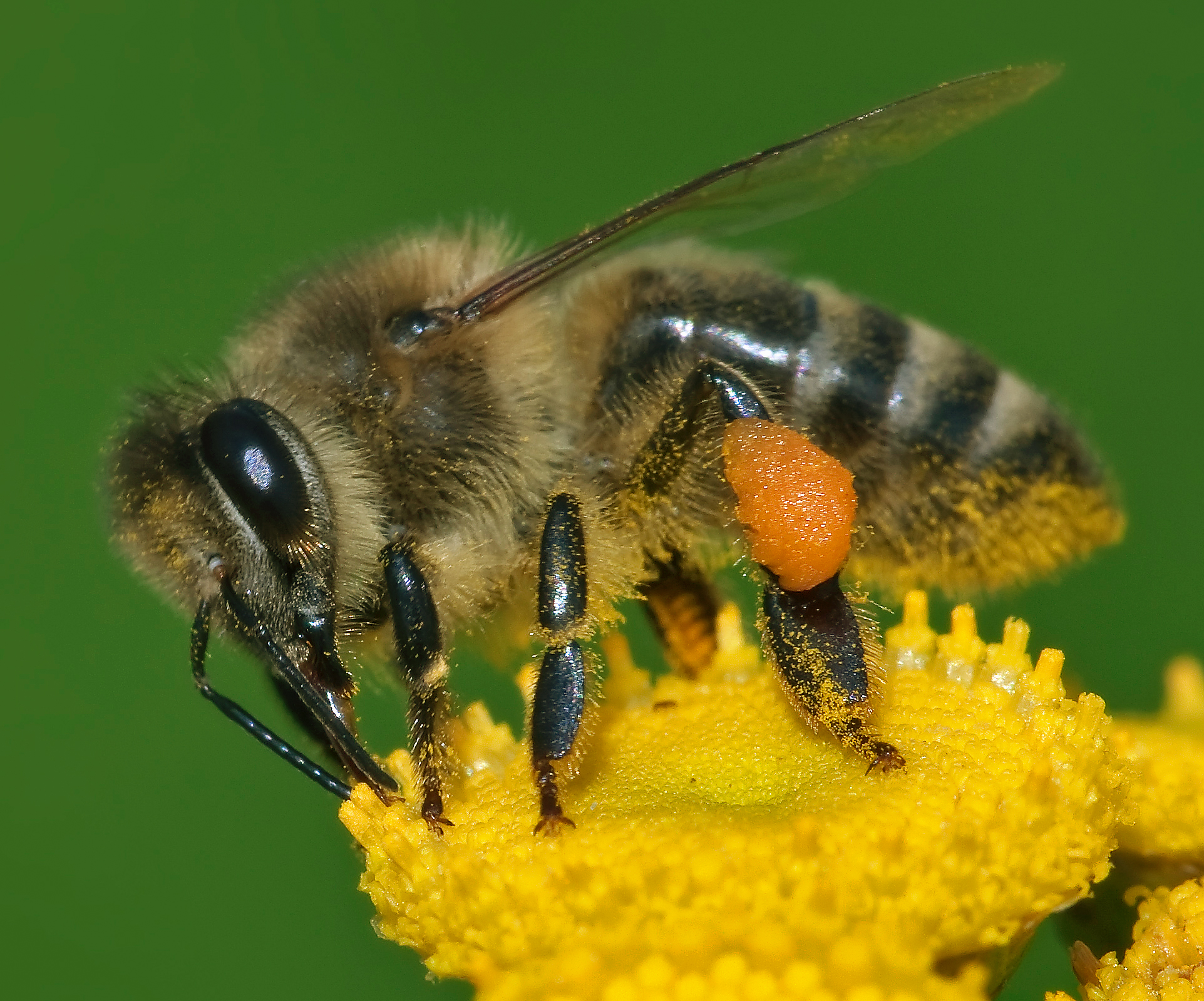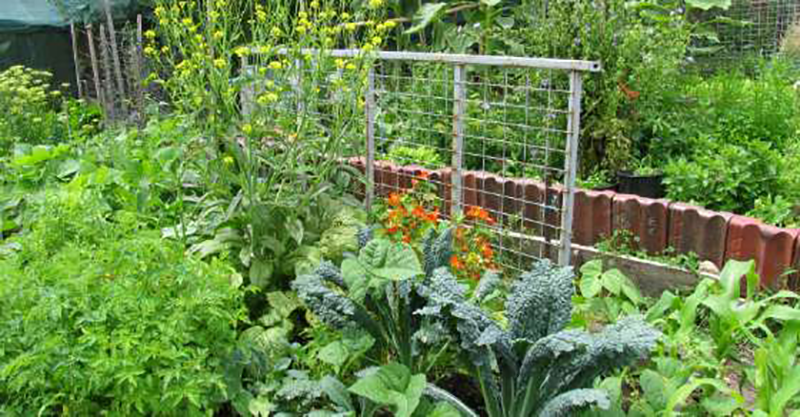Single day
Grades K-12
Millard Learning Centre Food Forest Garden
April – October
British Columbia’s 500+ pollinator species have evolved to possess special adaptations to fit flowers in every shape and size and colour. Learn how fuzzy legs are incredibly useful, how bees use their five eyes (yes, five!) and how pollinators slurp up nectar with specialized mouth-parts.

What do cotton socks, a maple desk, a jar of Nutella and blueberries have in common? They are all things that come from pollinated plants! Learn about the importance that pollinators have for wildlife and humans alike and how we can help protect pollinator habitat.

Discover “Forest Gardening” and the environmental, social, and economic significance of sustainable agriculture. Through a teaching train, learn how edible plants also contribute to sun exposure, natural pest control and nutrient and water cycling. Get your hands dirty while planting, harvesting and mulching. Build a successful garden from the ground up with hot and worm composting, lasagna beds and nutrient-rich soil teas!

Notifications